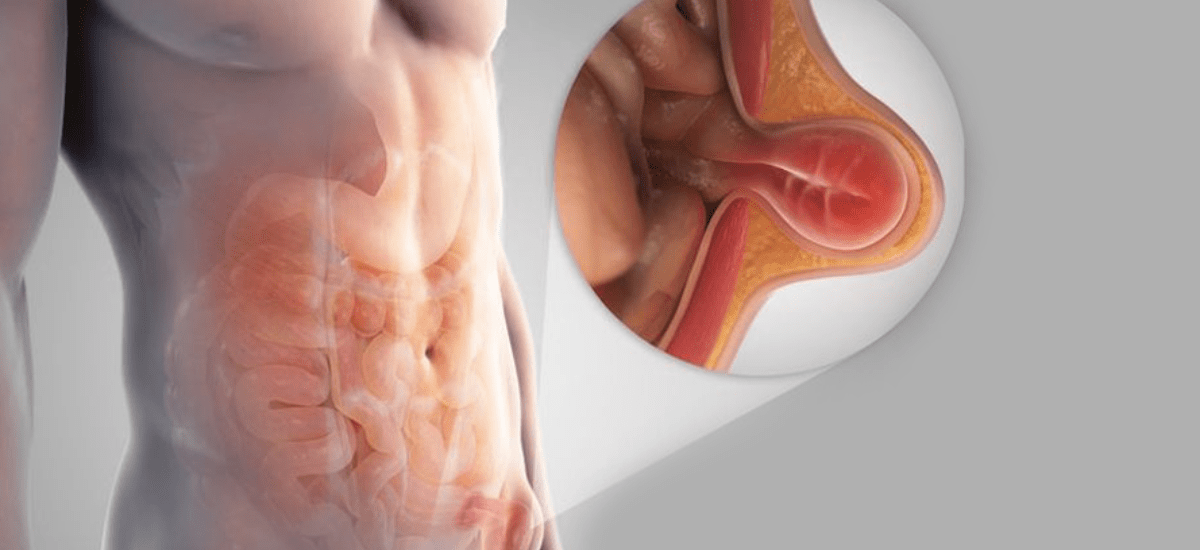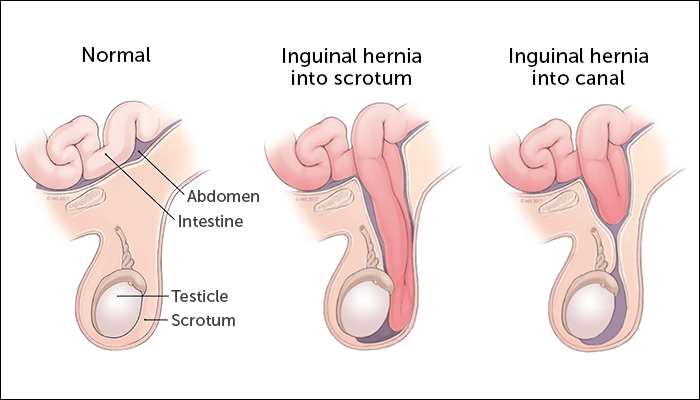Best Anal Fistula Treatment in Hyderabad

An anal Fistula commonly known as Fistula in ano is an abnormal connection or tract that forms between the inside of your anus and the skin around it. Anus is the opening through which stool is excreted. Most anal fistulas develop in the upper part of the anus, where the anal glands are present. When there is an infection in these glands it causes a collection of pus which is known as perianal abscess. Improper healing of this abscess leads to the formation of a fistula (small channel) that connects the infected anal canal to a hole in the outside skin around your anus. For the best anal fistula treatment in Hyderabad, consult Dr. K V Dinesh Reddy, a consultant in GI surgery who specializes in minimally invasive surgery and advanced treatments for anal fistulas. Before we know about Fistula Treatment in Hyderabad, let’s first learn about its symptoms, causes, and types of anal fistulas. This will help you understand the treatment options better.
Symptoms Of Anal Fistula
The most common symptoms are:
- Irritated and swollen skin around your anus
- Intense and throbbing anal pain especially when you poop, sit down, move around, or when you cough.
- Foul-smelling discharge from near your anus, which may contain pus, poop, or blood (rectal bleeding).

Less common symptoms may include:
- Fevers, chills, and fatigue
- Pain during urination
- Difficulty controlling bowel movements
Report your symptoms to Dr. K V Dinesh Reddy, the best doctor for Fistula Treatment in Hyderabad. He can help you identify your condition, evaluate it with a physical exam, and recommend the best treatment for your care.
Causes Of Anal Fistula
As discussed above, most anal fistulas occur due to infected anal glands. They usually form when the glands are blocked or are inflamed for long-term, due to an injury or disease. But, they can also be caused by conditions or factors that affect your lower digestive tract or anal area, such as:
- Sexually transmitted infections or tuberculosis
- Crohn’s disease
- Colitis
- Chronic diarrhoea
- Radiation therapy for rectal cancer

Diagnosis of Anal Fistulas
To diagnose the fistula, the doctor will discuss your symptoms and examine your anus to see the signs and opening of the fistula. Often the external opening of the fistula which is present on the skin around the anus is easily seen but the internal opening is a bit complicated to locate. For effective treatment, the complete path of the anal fistula should be known. To find this, the doctor may advise a few tests such as:
- Fistula probe. An instrument (long, thin probe) is inserted through the outer opening of the fistula to know the tract's path.
- Anoscope. This is a lighted tube-like instrument that is used to visualise inside your anal canal.
- An injected hydrogen peroxide. This may help locate the source of the fistula.
- Imaging tests. These may include an endoscopic ultrasound scan, magnetic resonance imaging (MRI), and Fistulography.
- Flexible sigmoidoscopy or colonoscopy. These procedures are performed only if ulcerative colitis or Crohn's disease is suspected. With the help of an endoscope your large intestine (colon) is examined to look for these disorders
The diagnostic tests are performed under anesthesia so you do not feel any pain during the procedure.
Types of Anal Fistula
After a thorough diagnosis, the type of anal fistula is determined based on its location in the anal sphincter muscles. These are ring-like muscles that surround the anal canal and help control your bowel movements. Different types of anal fistula are:
- Intersphincteric fistula
- Transsphincteric fistula
- Suprasphincteric fistula
- Extrasphincteric fistula
Knowing the type will help you to understand the treatment options better. If the anal fistula affects a large section of the sphincter muscles, the treatment may be more complex.
Fistula Treatment in Hyderabad
Anal fistulas do not heal on their own, and surgery is often needed. The goal is to completely repair the fistula to prevent recurring infections and abscesses that can reopen the fistula. There are different surgical procedures available to fix them, but there are also non-surgical options. The best option depends on the location of your fistula, its complexity and its cause.
Surgical Options For Anal Fistula
Surgery is usually carried out under general anesthesia but in most cases, staying overnight in the hospital after the procedure is not necessary.
Fistulotomy.
This is the most common and standard procedure for fistulas near the skin surface. It involves cutting open the whole length of the fistula tract. The infected tissue is scraped and flushed out which is then allowed to heal as a flat scar.
Endorectal advancement flap
This technique involves removing the fistula and then the opening is covered with a healthy flap of tissue that has been taken from inside the rectum.
Seton procedure
A thin, non-absorbable surgical thread (seton) is inserted through the fistula tract and kept there for several weeks to keep it open and allow drainage. This is often used for complex fistulas that involve a significant portion of sphincter muscle or to prepare for future surgical procedures.
Ligation of the intersphincteric fistula tract (LIFT procedure)
The procedure is done in cases where the fistula is more deep or complex and passes through the anal sphincter muscles. The procedure is done in two stages. First, the fistula tract between the two sphincter muscles is ligated (tied off), cut, and moved apart. Then, a seton is placed to gradually widen the tract over time. After a week, the surgeon removes any infected tissue and closes the internal fistula opening.
Laser Surgery of Anal Fistula in Hyderabad
This is a minimally invasive procedure that aims to close off the fistula without cuts, stitches, and blood loss. During the procedure, a small probe is positioned into the fistula tract, guided by an endoscope or other imaging techniques. The laser energy is then activated and targeted towards the infected tissues lining the fistula tract. This destroys them and promotes the formation of scar tissue, which helps to seal off the fistula.
Laser surgery for fistula in Hyderabad is one of the most preferred modern treatments because it results in less pain and faster recovery compared to traditional surgical procedures.
Non-Surgical Options for Anal Fistula
Fibrin Glue/Collagen Plug.
These are less invasive options where fibrin glue (a mix of fibrinogen, thrombin, and calcium) or a fistula plug made from animal tissue is used to seal the fistula tract.
A persistent anal fistula can lead to recurrent abscesses or complications such as bleeding, skin infection, and the development of additional fistula branches with more perianal wounds if not treated properly. So, if you are suffering from this problem and seeking a permanent solution, consult Dr. K V Dinesh Reddy, the best doctor for fistula treatment in Hyderabad.
Best Hernia Surgeon in Hyderabad

Dr. K V Dinesh Reddy
MBBS; MS (Gen.Surg); DNB (Surg.Gastro)
Dr K V Dinesh Reddy is the best hernia surgeon in Hyderabad with over 10 years of experience in hernia treatment.
He has treated hundreds of hernia patients which makes him the best hernia surgeon in Hyderabad and known as the Best Bariatric surgeon in Hyderabad.
He strongly believes that surgery should only be considered as a last resort and prefers a holistic approach to treatment. So, if a disease can be effectively treated with medication, he never recommends surgery.
Frequently Asked Questions
Here are answers to some of the questions you might have about Inguinal Hernia
Anal fistulas are classified based on their location in relation to the anal sphincter muscles and include intersphincteric, transsphincteric, suprasphincteric, and extrasphincteric fistulas.
No, anal fistulas typically do not heal on their own and usually require surgical intervention to prevent complications.
Surgical options include fistulotomy, endorectal advancement flap, seton procedure, LIFT procedure, and laser surgery, depending on the complexity of the fistula.
The LIFT (Ligation of Intersphincteric Fistula Tract) procedure involves tying off and cutting the fistula tract between sphincter muscles, often in stages, to promote healing.
Laser surgery is a minimally invasive option that results in less pain, quicker recovery, and minimal blood loss compared to traditional surgical methods.

